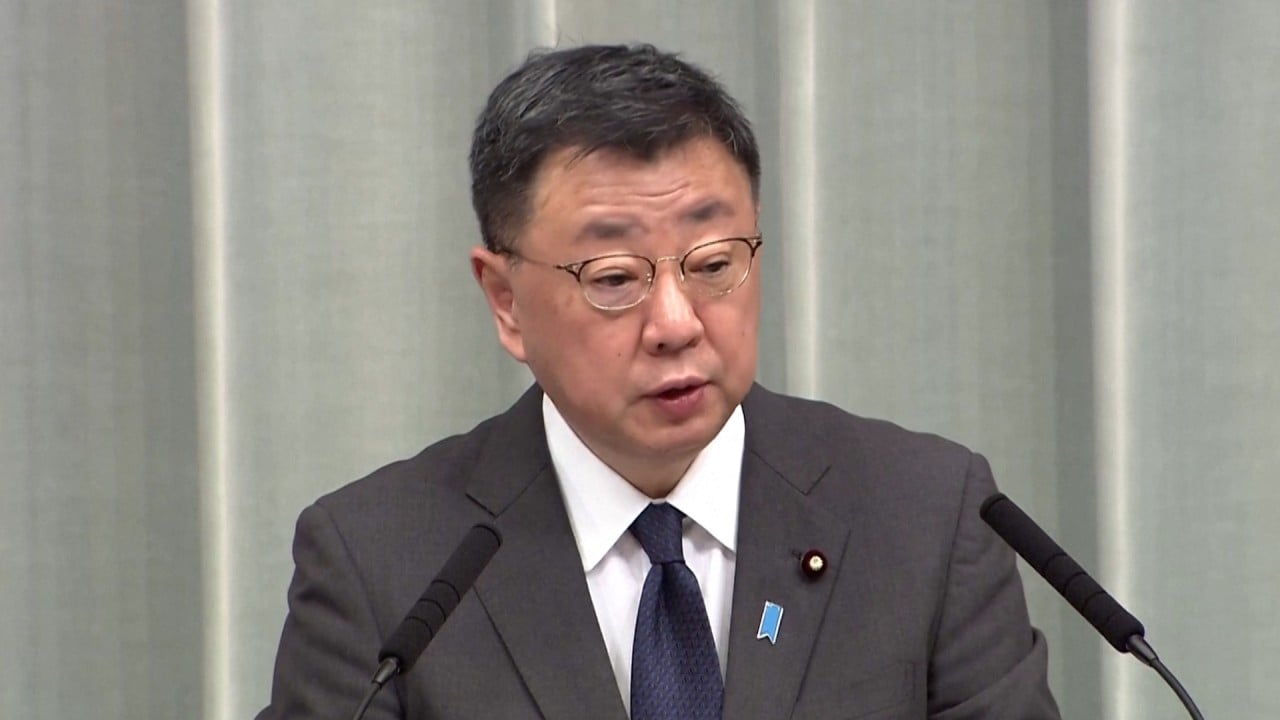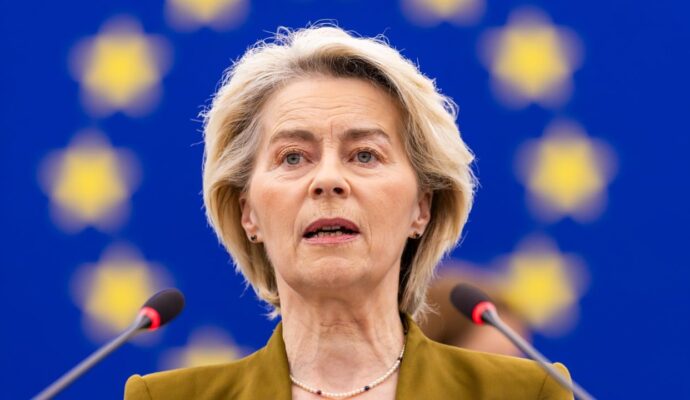For the first time, Beijing’s top intelligence agency has laid out 10 conditions subject to scrutiny by its agencies – mainly concerning national security, state secrets and violating the country’s updated anti-espionage law – that could lead to questioning, known in slang as “an invitation to tea”.
In an article posted to its WeChat account on Tuesday, the Ministry of State Security acknowledged the euphemism by referring to “10 cups of tea” that could lead to a summons.
The emphasis comes as authorities in mainland China and Hong Kong plug legal loopholes to tackle potential threats to national security.
The updated counter-espionage law that came into effect in July expanded both the definition of spying and the investigative powers of national security law enforcement agencies.
The Ministry of State Security’s WeChat article acknowledged that the phrase “invitation for a tea” had become an internet buzzword to mean “being summoned or investigated for suspected offences”.
China targets devices it says are used to send flight data to ‘foreign entities’
China targets devices it says are used to send flight data to ‘foreign entities’
It warned individuals and organisations against illegally producing, selling, holding or using spy devices such as wiretapping and interception devices.
The ministry also drew attention to an aspect of the anti-espionage law regarding construction projects in security control areas surrounding important units and facilities which it said were subject to the approval of state security agencies.
The ministry said the legal provision aimed to “detect and prevent in a timely manner” the use of construction projects by foreign spy agencies.
Foreigners found violating the anti-espionage law could be ordered to leave the country within a designated period and violating the official decision could trigger a summons.
While listing the conditions that could trigger a summons, the ministry added a warning that other acts that endanger national security could also lead to legal consequences.
“The whole society should firmly establish the concept of national security,” the ministry said in the article.
It called on “joint hands to build a solid barrier to safeguard national security”.




